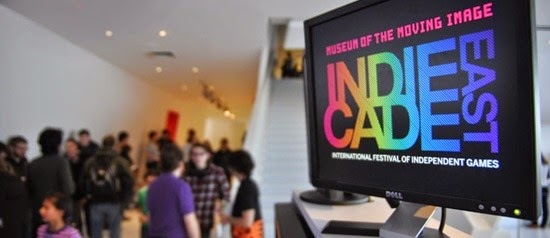The Fall games conference season is in the works. (Get excited.) Here's my current schedule, subject to change...
September 14th:
No Show Conference (Boston, MA)
October 3rd:
Indiecade West (Los Angeles, CA)
October 26th:
QGCon (Berkeley, CA)
In my talks at No Show and QGCon, I'll be talking about game levels and approaches to close-reading them, emphasizing their technical construction as a locus of analysis. The talks will be slightly less political than last year, focusing more on what I think good "meat and potatoes" / "basic analysis" might look like -- criticism that considers games as not just play systems and media objects, but also as technical artifacts engineered within certain constraints. (Of course, code is political too, but... baby steps.)
Uncharted looks and plays the way it does partly because of how its 3D engine works (texture memory constraints for consoles, deferred + forward renderer, no level of detail system), how Naughty Dog organizes its artists (does one artist "own" a level? outsourcing procedures?), and how level designers work (mostly in Maya, no in-house editor?) Yes, it also exists within AAA shooter culture and cribs freely from Indiana Jones pulp adventures, but all video games are also digital artifacts that run on some sort of code. How do technical contexts shape aesthetic contexts, and vice versa? Answering that question is traditionally called "game development," but I think effective game criticism can do much of the same work.
You do not have to be a programmer to understand (on a basic conceptual level) what a game engine is doing and how that has changed over the years.






